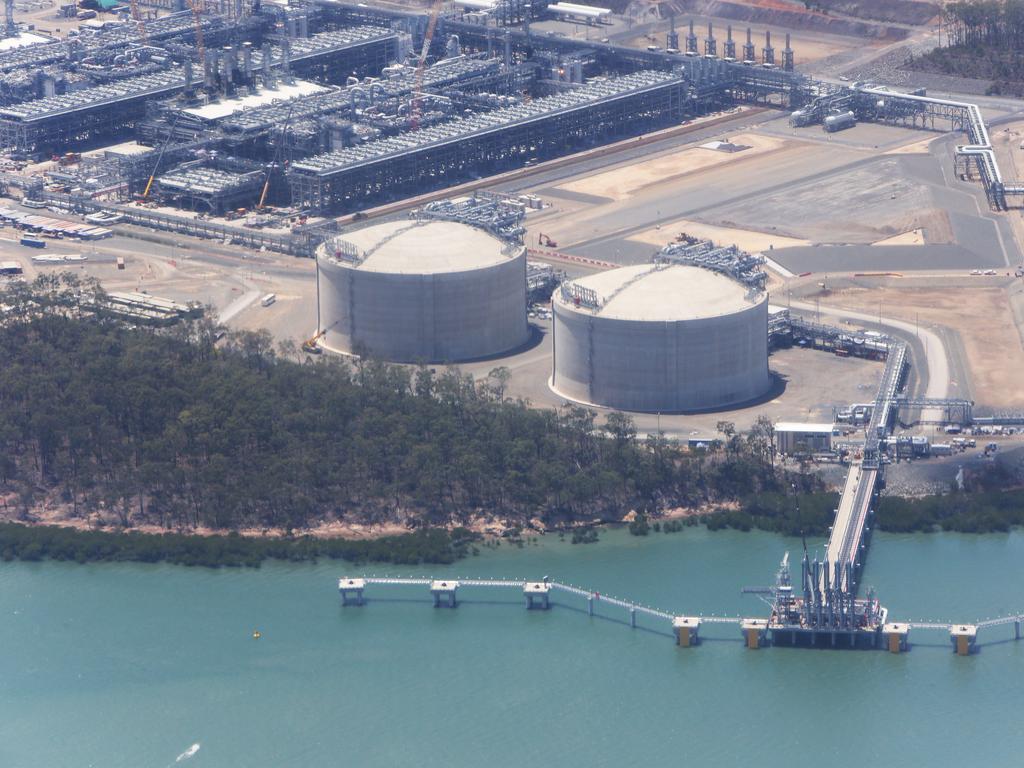
Labor’s decision to defer setting its 2035 targets provides the opportunity to review its transition plans. A reality check is overdue.
According to Australian Bureau of Statistics data, under the Albanese government the cost of electricity (without rebates) has risen by 32 per cent and gas by 34 per cent. These increases contributed to our cost-of-living crisis.
Billions in subsidies have been spent on the transition, disadvantaging households least able to afford it and regional communities that suffered its impacts. Whole-of-system costs remain hidden from public scrutiny.
There’s a limit to using Band-Aids to cover up a failing transition. Since walking away from RepuTex modelling and his 2022 promise to reduce power bills by $275, Anthony Albanese can’t explain how and when Labor’s promises of cheaper energy will be delivered. No one, not even the Australian Energy Market Operator, can guarantee power prices will fall under the plan.
Further taxpayer-funded subsidies become unsustainable in the face of $1 trillion of debt, deficit budgets and declining living standards. The transition has become an act of economic self-harm. Relying on imported renewables infrastructure has left us vulnerable.

In times of global uncertainty we should prioritise reliable baseload power at the cheapest cost rather than chasing targets based on discarded modelling. Labor’s legislated target of a 43 per cent reduction in emissions, underpinned by 82 per cent renewables in the grid by 2030, won’t be met.
We need to ensure the viability of our manufacturing base and trade-exposed industries such as steel. We no longer have affordable energy to provide industry with a comparative advantage. The high cost of energy, especially for gas, is a serious impediment. It is compounded by the financial impost on carbon emissions under the safeguard mechanism.
Impacts of the new tariff regime are just as concerning. There will be an increase in dumped products, requiring strong anti-dumping measures. Labor’s decision in 2024 to lift remaining tariffs on Chinese wind towers, even when dumping was proved, and reducing tariffs on railway wheels doesn’t inspire confidence.
About 80 per cent of Australia’s gas is exported under long-term contracts, mainly to Japan, China and South Korea. However, even uncontracted gas is diverted from the domestic market and sold overseas to maximise returns.
In March the Australian Competition & Consumer Commission warned the outlook for east coast gas had worsened for the winter quarter. It said the market would need access to liquefied natural gas producers’ uncontracted gas to mitigate the risk of a shortfall.

Regular warnings about gas shortages in Victoria are troubling. Despite its opposition to fossil fuels and having the highest renewables targets, Victoria is considering importing gas, underwritten by the public, at an estimated cost upwards of $20 a gigajoule. It makes no sense.
Market failure is the consequence of the Gillard government’s rejection of a gas reservation scheme in 2012. Both parties share responsibility for allowing a cartel of energy companies to control our natural gas supplies and set the price of gas, now about $15 a gigajoule. Increased east coast production hasn’t helped the domestic market. Codes of conduct to deal with supply shortages, as Labor proposes, are stopgap measures that won’t reverse these trends.
It’s an untenable situation for a leading LNG exporting nation to not permanently reserve its own gas to meet its needs. A gas reservation policy is the only credible response, the only way to permanently decouple from the overseas gas price that often acts as the price setter for domestic electricity.
A reservation scheme needs to be legally binding, covering supply and cost issues. Upgrades to infrastructure will be needed, enabling gas to be pumped over the summer into storage tanks in the south.
Opposition to gas reservation is to be expected from vested interests, investors in renewables, lobbyists and even the Climate Change Authority. Its chairman, Matt Kean, when NSW energy minister, argued “the business case for gas is ticking on the clock”. This sits alongside Climate Change and Energy Minister Chris Bowen’s opposition to fossil fuels, his rejection of gas as a transition fuel and its exclusion from Labor’s capacity investment scheme.
Labor remains conflicted about gas. It fails to appreciate its importance in sustaining the employment of hundreds of thousands of blue-collar workers, the party’s traditional base.
Our prosperity depends on a productive economy powered by reliable and affordable energy. Energy security is vital for national security. A legislated gas reservation scheme would be in our national interest and deserves bipartisan support.
Jennie George is a former president of the ACTU and former Labor MP for Throsby in NSW.







This period of global uncertainty presents challenges beyond politics as usual. Labor’s renewables transition was determined by the Paris Agreement framework, whose global influence will diminish after US President Donald Trump’s decision to withdraw.